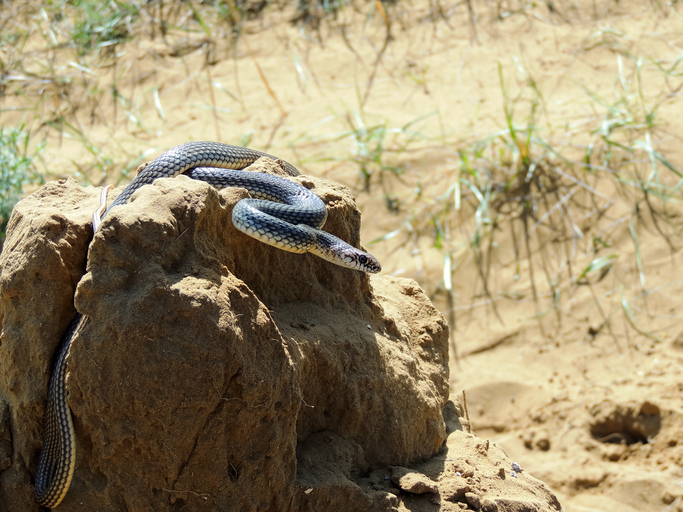dare
(verb, noun)
/dɛr/
 LISTEN
LISTEN


I dare you to jump in the lake!
To dare means ‘to have the courage and be brave enough to do something’ or ‘to have the audacity to do something,’ this last sense with a more negative connotation. It also means ‘to meet a challenge’ or ‘to provoke or defy someone into showing courage.’ As a noun, a dare is a challenge.
Example sentences
- I wouldn't dare do a bungee jump; I'd be too scared!
- Don't you dare pull the cat's tail!
- Lucy dared to venture into the forest at night.
- The other boys dared Edward to steal something from the store.
- Harriet was furious when she found out that Karen only asked her out on a dare.
Words often used with dare
how dare you: How could you do that? Example: “How dare you yell at me, after all I’ve done for you!”
daresay (formal, dated): suppose. Example: “He is an expert on the subject, so I daresay he knows what he is talking about. You should trust him.”
Additional information
Truth or dare is a common game played by children and adolescents. A person is asked “Truth or Dare?” and chooses one of the two options. For “truth,” they have to answer a question, and for “dare,” they have to perform a dare.
Did you know?
The past tense and past participle of dare is dared. However, in older books, or in very literary writing, you might come across the former past tense durst.
Other forms
darer (noun), daring (adjective), daringly (adverb)
Origin
Dare dates back to before the year 900. The verb comes from the Old English verb durran, which was irregular. Its first-, second-, and third-person singular conjugations for the present indicative were dar(r), dearst, and dear(r), and these evolved into the infinitive form of the verb in Middle English, dar. It is related to the Old High German verb gitarran. The noun comes from the verb, and was first used in the late 16th century.
Word of the Day is released Monday through Friday.



